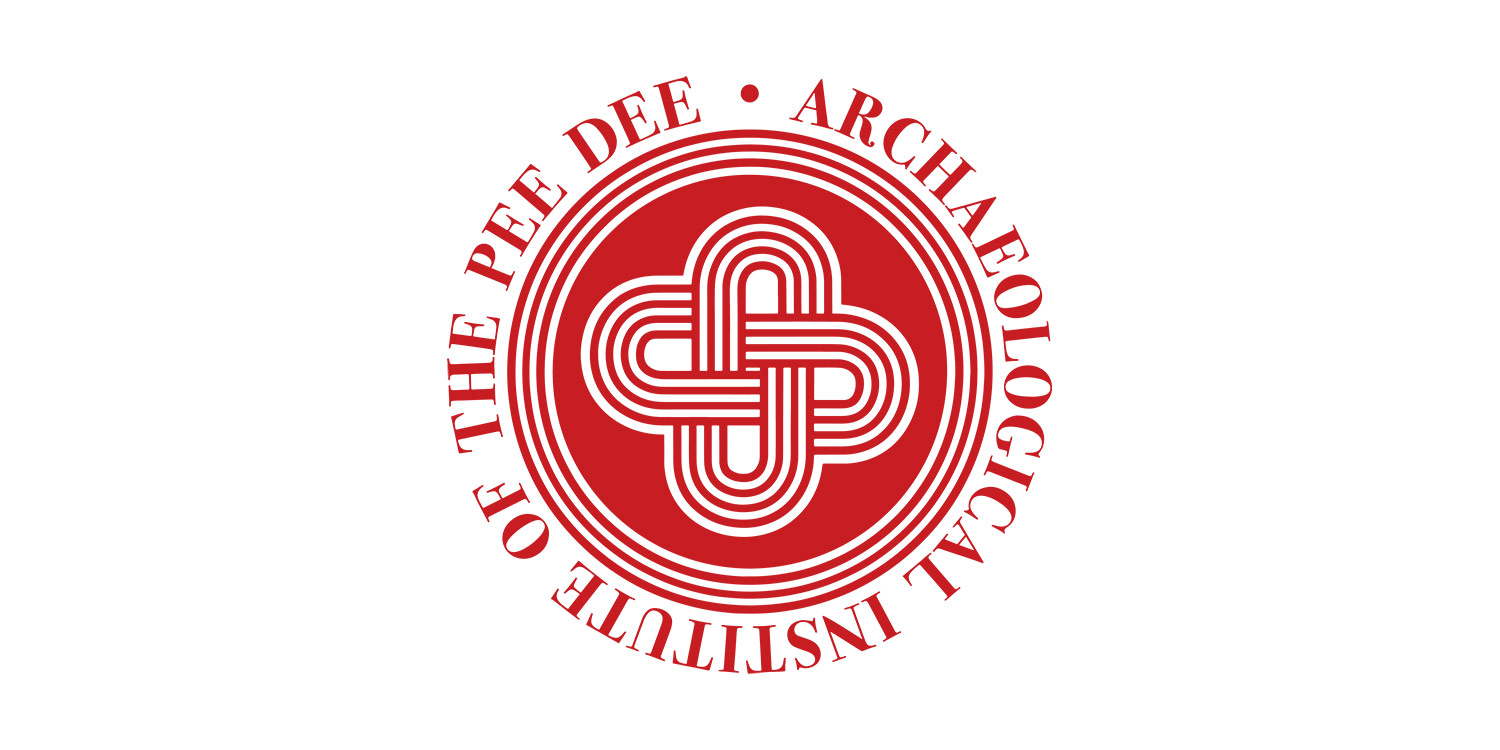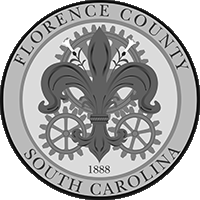Archaeological Institute of the Pee Dee
“Middle to Late Archaic Period”
April 14, 2022
Reception: 5:30 PM
Lecture: 6:00 PM
The Florence County Museum is proud to partner with the Archaeological Institute of the Pee Dee in hosting a series of lectures focusing on Prehistory in the Pee Dee. On April 14, 2022, we are proud to welcome Dr. Sean Taylor, Senior Archaeologist at South Carolina Department of Natural Resources.
Dr. Taylor will focus on the cultural and demographic changes that began in the Middle Archaic period (8,000 to 5,000 years before the present) and accelerated during the Late Archaic period (5,000 to 3,000 years before the present).
The Middle Archaic period is generally viewed by most archeologists as a period of increased cultural regionalization as a result of growing populations and reduced territorial boundaries. As a result, there was a greater reliance on local raw materials in the manufacture of stone tools.
Ground stone implements, including atlatl (spearthrower) and axes, appear for the first time during this period as do a number of plant processing tools—nutting stones and manos. These, along with the occurrence of storage pits and large quantities of fire-cracked rock at some sites suggests there was a greater degree of sedentism and reliance on plant foods compared to previous Early Archaic practices, but a seasonal cycle and frequent movements in search of wild game and plants was still a way of life which has left behind an array of Middle Archaic sites in virtually every environmental setting within South Carolina, a pattern that has been characterized as fluctuating somewhere between short-term specialized extractive sites and longer-term base camps. Frequent movement and settlement in a wide array of environmental settings characterizes the Middle Archaic period in much of South Carolina.
The Late Archaic period was a time of major technological and economic change for South Carolina’s native peoples. By the close of this two millennial span, Late Archaic groups over much of the state had, to some extent, adopted the use of pottery, participated in long distance exchange networks to obtain non-local resources, and, although direct evidence is currently lacking in some areas, were probably experimenting with plant husbandry.
More information on future programs and lectures can be found on the Florence County Museum calendar of events at flocomuseum.org/events and through museum social media platforms. The Florence County Museum is located at 111 West Cheves Street, Florence, SC 29501. Hours of operation are Tuesday through Saturday 10:00 AM to 5:00 PM and Sunday from 2:00 to 5:00 PM. Admission is free of charge.








